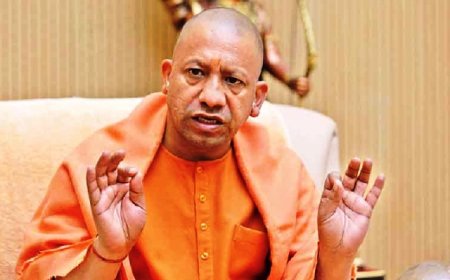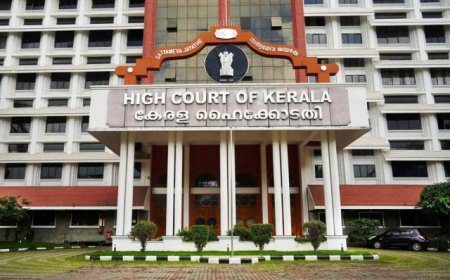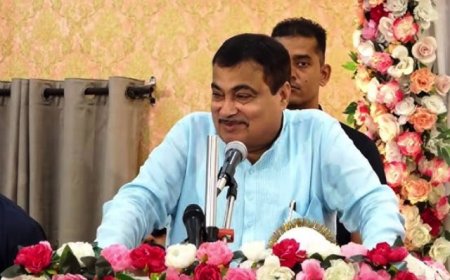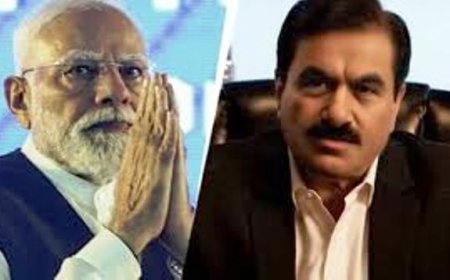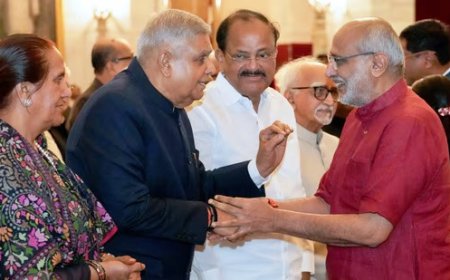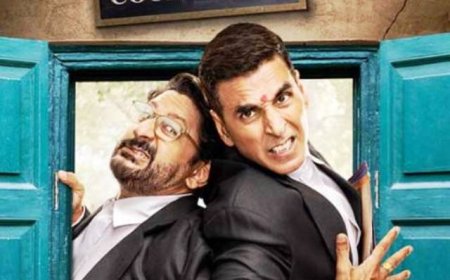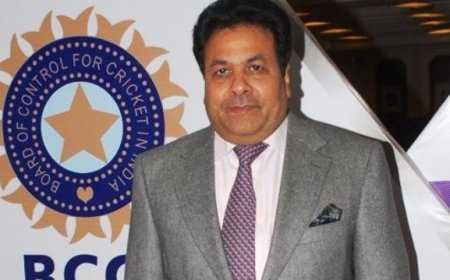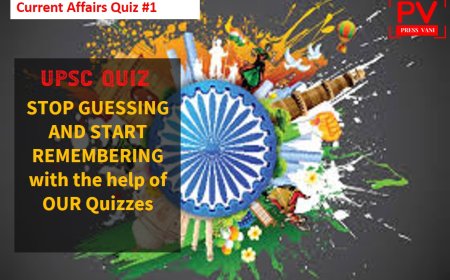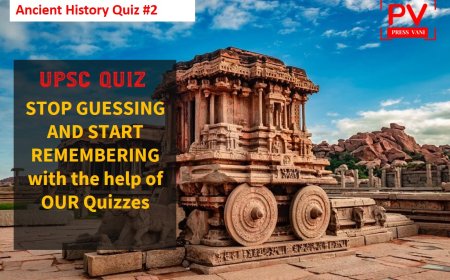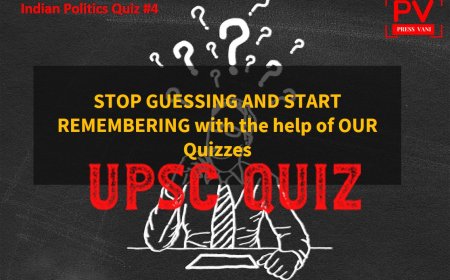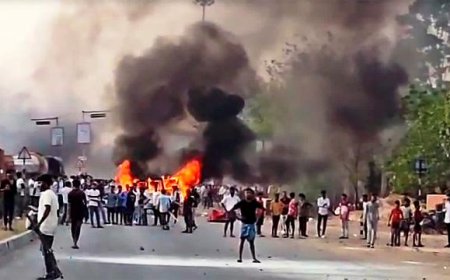Rich-Poor Gap: No One Fully To Blame, But No One Off The Hook
The widening rich-poor gap in India is a complex issue driven by a mix of historical, structural, and policy-related factors.
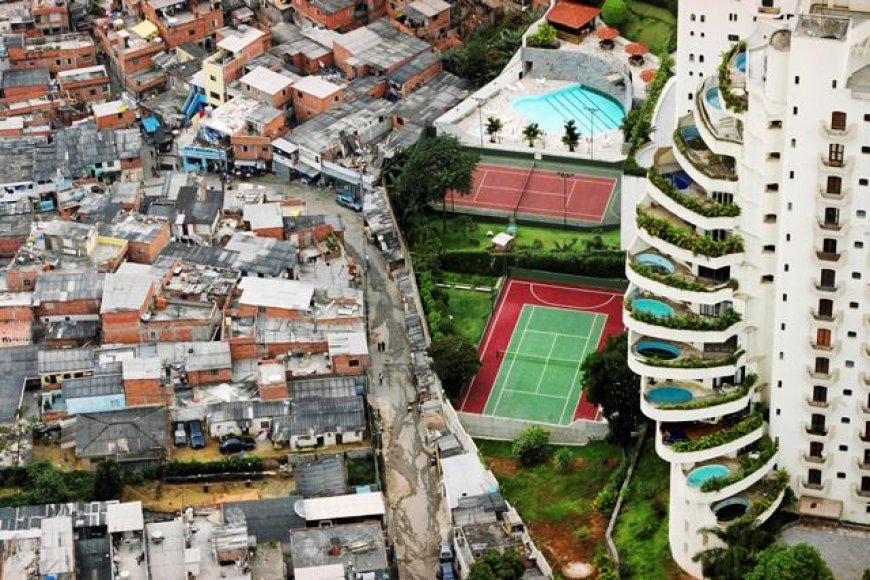
The widening rich-poor gap in India is a complex issue driven by a mix of historical, structural, and policy-related factors. Historically, colonial exploitation under British rule drained resources and set up unequal economic foundations, favoring certain regions and social groups over others. This left a legacy of disparities that still linger, like the caste system, which has long marginalized lower castes and limited their access to opportunities, while upper castes have historically held more wealth and power.
Fast forward to today, economic policies since the 1991 liberalization have turbocharged growth but unevenly so. The top 1% now hold over 40% of the nation's wealth, while the bottom 50% scrape by with less than 6%. This skew comes partly from deregulation and market-friendly reforms that boosted industries like tech and finance, benefiting urban elites and corporate giants—think billionaires like Mukesh Ambani, whose wealth soared during the pandemic while millions lost jobs.
Meanwhile, rural areas, where most of the poor live, suffer from stagnant agriculture, poor infrastructure, and underfunded public services like healthcare and education.
Government policies play a big role too. Indirect taxes like GST hit the poor harder—some estimates say the bottom 50% bear 64% of this burden—while the rich often enjoy tax breaks or loan write-offs. Add to that, a labour market where informal workers (over 90% of the workforce) lack security or fair wages, and you see why the poor stay stuck. Corruption and cronyism also funnel benefits to a connected few, not the masses.
On the flip side, it’s not just "the government" or "the rich" at fault, globalization and technological shifts naturally favour the skilled and capital-rich, widening gaps in a country with uneven education access.
So, while political choices amplify the problem, the roots are deep and systemic, tangled in history and economics. No one’s fully "to blame," but no one’s off the hook either—policymakers, elites, and even global forces all share responsibility for not leveling the playing field.
What's Your Reaction?








